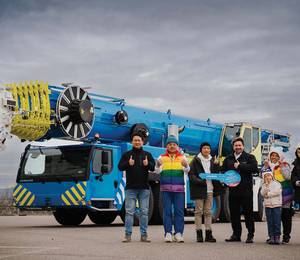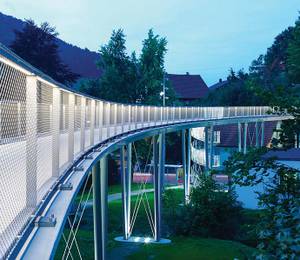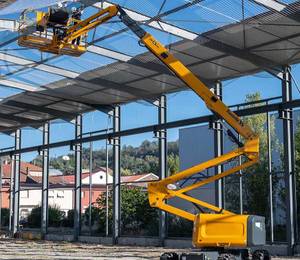UAE’s clean energy developer Masdar and Indonesia’s state-owned utility company PLN have inaugurated the 145 MWac (192 MWp) Cirata floating solar power plant in Indonesia, the largest in the Southeast Asia region. Speaking at the inauguration ceremony on 9 November 2023, Indonesian President Joko Widodo said the plant is also the third largest in the world.
Cirata is Masdar’s first floating PV project and its first renewable energy construction project in the Southeast Asian market. Built on a 250-ha plot of the Cirata Reservoir in West Java province, it will power 50,000 homes and offset 214,000 t of carbon dioxide emissions.
Masdar and PLN have recently signed an MOU to develop Phase II of Cirata with up to 500 MW additional capacity, following a regulatory development from the Ministry of Public Works and Housing in Indonesia that has increased the portion of water that can be covered – for renewable energy uses – to a maximum of 20%.
According to Indonesia’s Minister of Energy and Mineral Resources, Arifin Tasrif, the capacity of the Cirata floating solar plant “could be greater, with a maximum total potential reaching around 1.2 GW peak, if it utilised 20% of the total area of the Cirata Reservoir. With the operation of the Cirata floating PV, we hope it will increase investor confidence and encourage technological innovation as a solution to limited land in developing solar energy, where Indonesia has enormous floating PV potential.”
Darmawan Prasodjo, CEO of PLN Group, further emphasised that the completion of the Cirata floating solar plant is a “showcase for global cooperation to realise emissions reductions in accelerating the energy transition towards net-zero emissions by 2060.”
Indonesia has plans to increase its renewable energy mix and pledged to reach net-zero emissions by 2060 or sooner. The country has committed to a 29% reduction in greenhouse gas emissions by 2030.
With that in mind, Masdar pointed out that “floating solar plants are attractive to countries like Indonesia with expanding populations and scarce land resources. They provide higher solar panel efficiency and productivity due to the close proximity of the panels to the water surface that helps cool them. Floating panels also reduce evaporation, saving fresh water for drinking and irrigation purposes.”













